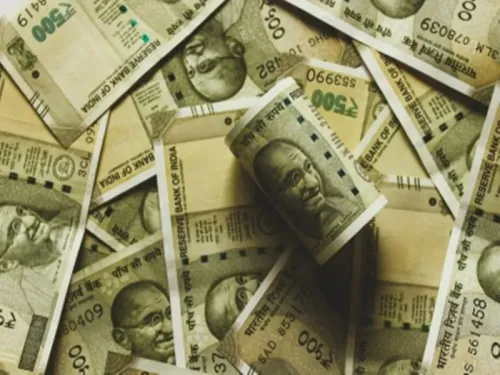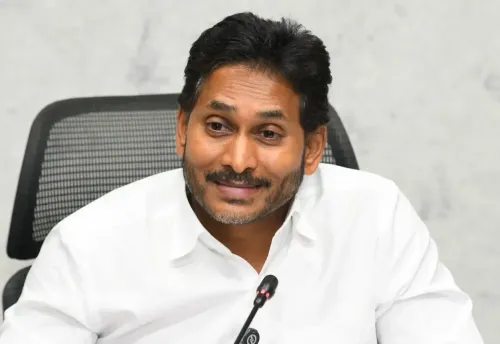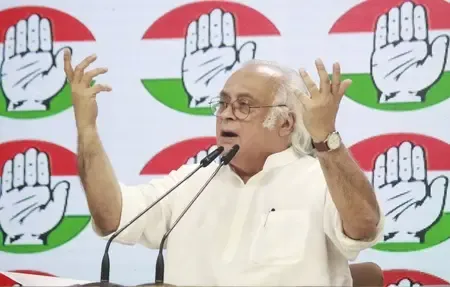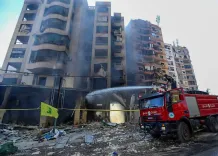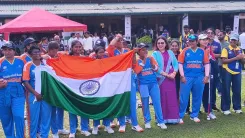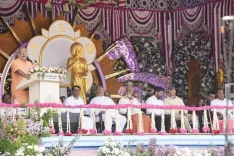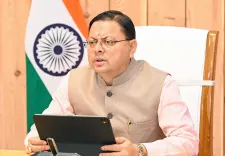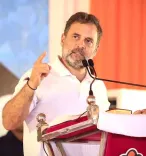Why weren't these homes destroyed sooner?
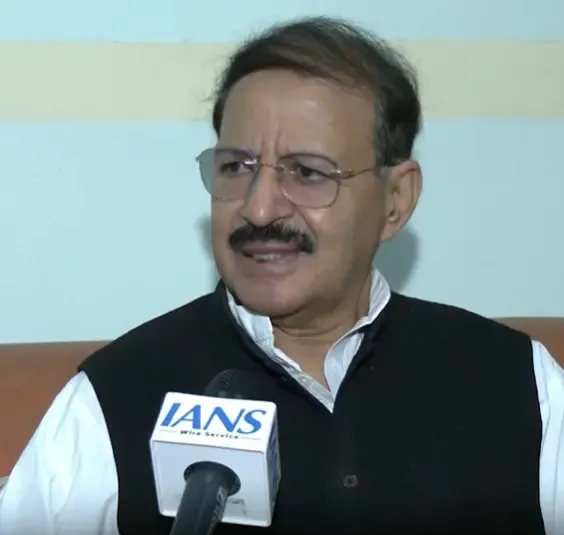
Synopsis
Key Takeaways
- Political outcry over the demolition of homes linked to terrorists.
- Rashid Alvi questions the government's timing and motives.
- Call for accountability in security measures and intelligence.
- The Kashmiri community's role in assisting tourists highlighted.
- Need for a decisive fight against terrorism.
New Delhi, April 29 (NationPress) The recent counter-terrorism efforts in Jammu and Kashmir (J&K) following the Pahalgam terror incident that claimed the lives of 26 individuals have sparked a political outcry regarding the perceived delay in the demolition of residences purportedly associated with terrorists. Congress leader Rashid Alvi expressed support on Tuesday for the comments made by Trinamool Rajya Sabha MP Sagarika Ghosh, questioning the rationale behind the late demolitions.
Alvi, echoing Ghosh's sentiments, raised concerns about the motives behind these demolitions. “If terrorists resided in these homes, why did the government not take action before the tragedy? Is this merely a tactic to convey to the public that you are taking measures?” he remarked.
“Of the six suspects, none have been apprehended yet. How can we assert that the demolished properties harbored terrorists?”
Security forces have reportedly razed at least nine homes belonging to individuals allegedly tied to terror networks in the Kashmir Valley.
While the demolitions were intended as a vigorous response to the attack by The Resistance Front (TRF), a proxy of Lashkar-e-Taiba (LeT), some Opposition figures view it as a reaction that should have occurred much earlier.
“If the government was aware that these residences were linked to terrorists, why were they not demolished sooner?” questioned Sagarika Ghosh, who labeled the operation as “bomb justice,” drawing parallels to the “bulldozer justice” criticized by the Supreme Court in Uttar Pradesh.
She continued on X, “We require a decisive fight against terrorism, not a mere spectacle.”
Alvi also backed the Congress's call for a special parliamentary session to interrogate the government.
“In a time of national mourning, there should be discussions in Parliament. Why were there no security measures? Where was the Army, police, or medical assistance for over an hour as lives were lost?” he questioned.
He further criticized the government's intelligence shortcomings: “It appears that the terrorists possessed superior intelligence compared to the state. They were aware that no one would be there; how is that feasible?”
On the matter of escalating communal narratives, Alvi defended the Kashmiri Muslim community: “Every Muslim in Kashmir stepped forward to assist tourists. Families offered shelter, hotels waived fees, and locals provided meals at no cost. In contrast, airlines controlled by the Indian government inflated fares threefold.”
In response to Congress leader Salman Soz's controversial suggestion regarding Pakistan's denial of involvement, Alvi clarified: “Pakistan's statements cannot be trusted. However, the fact that we have yet to apprehend those six terrorists serves as evidence of their involvement. Until we capture them and present proof to the global community, we cannot persuade anyone.”

